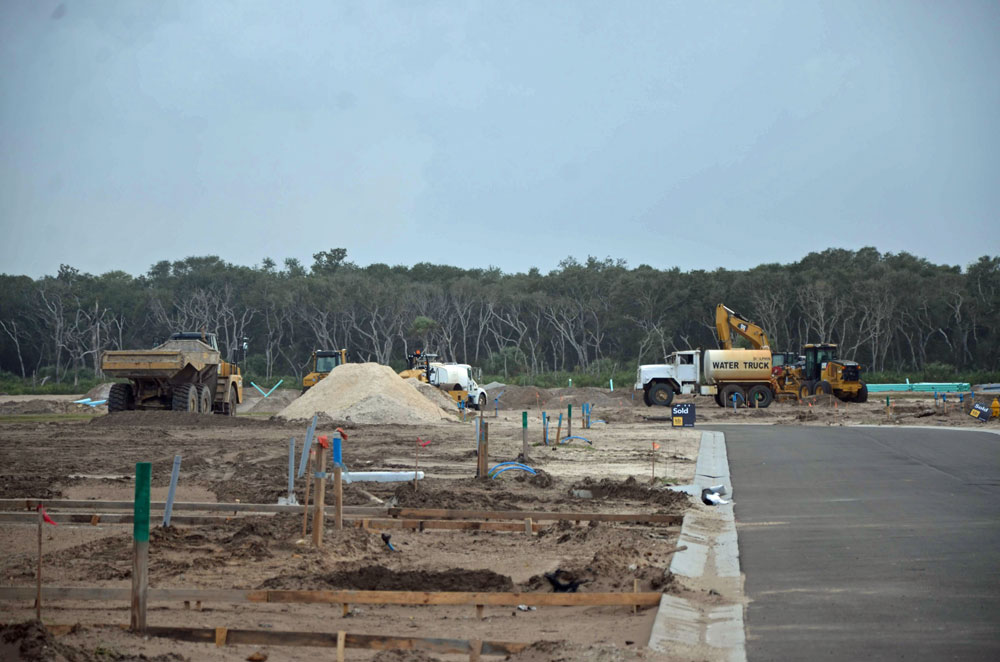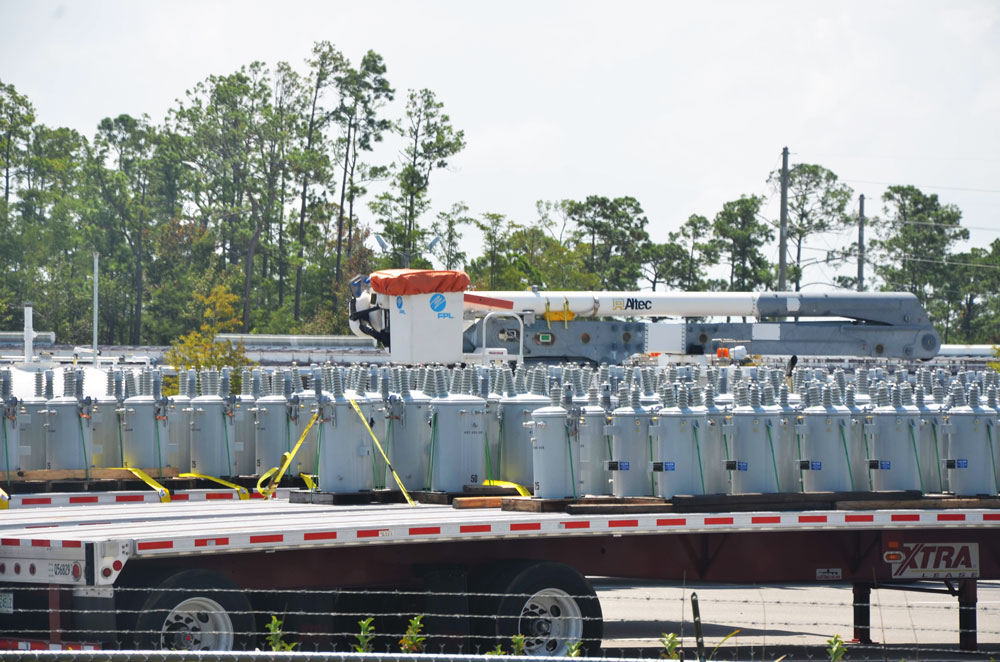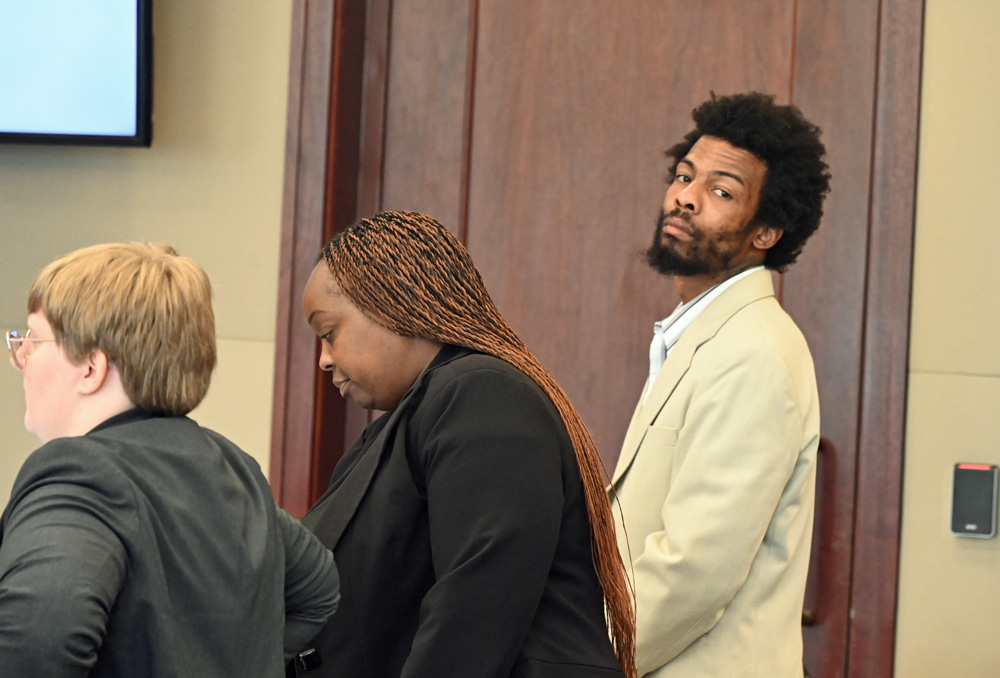The latest group urging the Florida Legislature to block parts of a new law intended to speed up post-disaster reconstruction is 1000 Friends of Florida, a nonprofit smart growth advocacy group.
At first, the Act (SB 180), which was sponsored by Republican Nick DiCeglie of Pinellas County, was praised for helping homes by establishing simplified and transparent regulatory rules that would allow families to make the necessary repairs without incurring additional tax costs.
Additionally, the bill improved financial transparency, emergency resource coordination, disaster management planning, and reporting amongst state and local government disaster management agencies.
But since then, it has grown to be the most contentious new law that Governor Ron DeSantis has signed this year. The issue? Even if they have nothing to do with disaster recovery, language prohibiting new municipal land-use or development rules is deemed restrictive or onerous.
Additionally, the statute applies to the entire state, retrospectively beginning in August 2024 and ending in October 2027. This is mentioned in Section 28 of the law, which states that every municipality inside one of the counties designated in the Federal Disaster Declaration for Hurricanes Debby, Helene, or Milton last year is subject to the new land use restrictions.
The statute expressly states that anyone who believes the local government has broken the law may notify the government of their intention to suit. After that, the local authority has 14 days to address any issues. Any case would be dropped if the government decided to remove the limitation. That person may proceed with a lawsuit if it refuses to repeal.
Paul Owens, president of 1000 Friends of Florida, stated in a press release on Thursday that this legislative overreach hinders communities working to address pressing environmental, growth management, and catastrophe resiliency issues.
SB 180 increases the risk of flooding, pollution, and unregulated sprawl for Floridians by eroding municipal authority. In order to abolish these detrimental provisions in 2026, we implore lawmakers to move quickly.
The law’s claimed original intent to assist local residents injured in a storm is already having a significant impact. The Florida Department of Commerce informed Orange County last week that its long-awaited Vision 2050 comprehensive plan was worthless and in violation of state law.
The Vision 2050 plan addressed topics including affordable housing, transportation, and environmental protections while essentially updating the county’s regulations to deter suburban growth and the development of undeveloped rural areas.
Citing language stating that counties and cities listed in the federal disaster declaration for one of last year’s hurricanes are prohibited from proposing or adopting more restrictive or burdensome amendments to their comprehensive plan, James D. Stanbury of the Florida Commerce Department’s Bureau of Community Planning and Growth did just that.
To better understand their concerns and get advice on what to do next, Orange County officials say they plan to meet with department officials shortly.
Other local governments are frantically trying to adjust in the meanwhile.
According to the Bradenton Times, the Manatee County Commission overwhelmingly approved staff on Tuesday to work with Pasco County government regulatory officials on filing a legislative proposal that could address the issues the statute has caused for local governments.
Council members in Volusia County voted last week to propose amendments for the upcoming legislative session.
Commissioner Dori Howington of Deltona City is opposed to waiting until the following year for Tallahassee to address the matter.
This is what is taking place. “Lawsuits are piling up against us because we’re seeing lawyers lined up to basically attack ordinances that developers have not liked seeing implemented,” she said. Anything you do in relation to building codes or land usage could be contested.
DiCeglie, who resides in a seaside neighborhood in Pinellas County, discussed his goals with the legislation in an interview with the St. Petersburg City Council last month. He claimed that the way some municipal governments failed to provide adequate assistance to residents after the hurricanes last autumn served as his inspiration.
“Make sure that the residents are aware of that plan regarding permits,” he stated.
In terms of collecting storm debris, what is that location? Last year, when that plan wasn’t in place, people were searching and knocking on the door at City Hall, but no one was answering. “No one is picking up the phone,” he added. It was an utter failure and a great shame that local governments are not returning my taxpayers’ calls.
DiCeglie admitted that the wording of the legislation was extremely general.
Jamie Cole, a Fort Lauderdale lawyer, has contacted a number of local governments regarding a possible lawsuit contesting certain legal provisions. An associate with his legal practice told the Phoenix, “We are hearing from many cities and counties from all over the state, concerned about the impacts of SB 180, and considering whether to join in a lawsuit,” but he was not available for comment.
According to Howington, the Deltona City Commission has not yet voted on joining that coalition but is probably going to do so shortly.
Florida’s Mitch Perry The Phoenix












